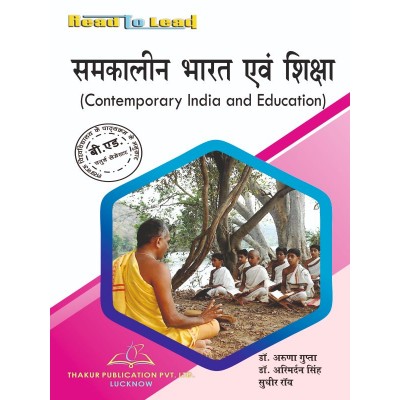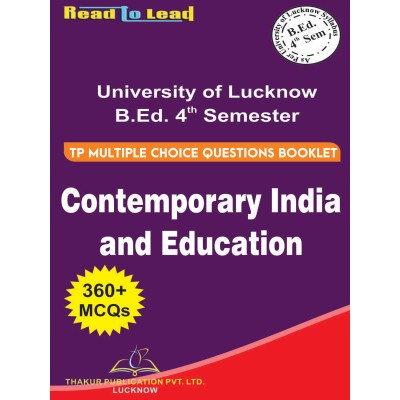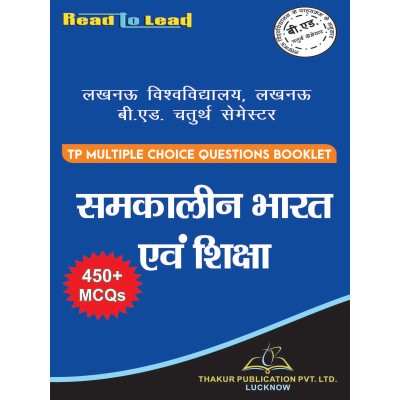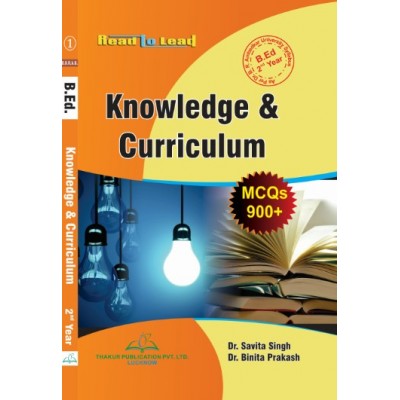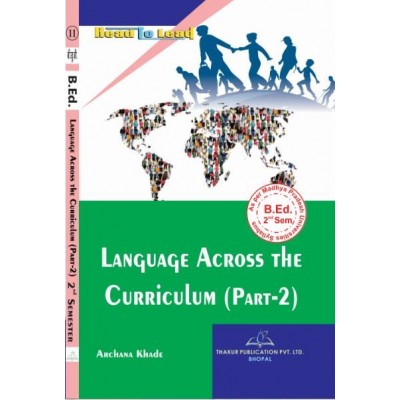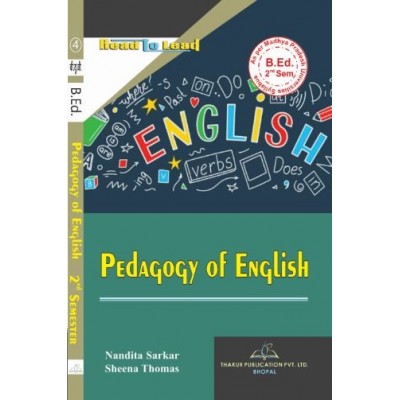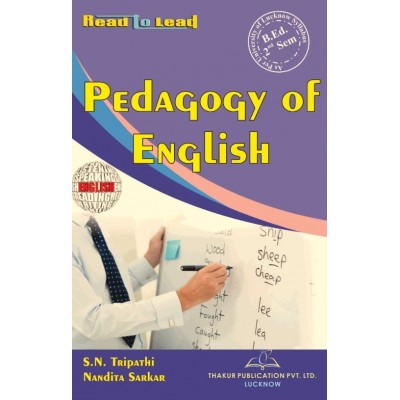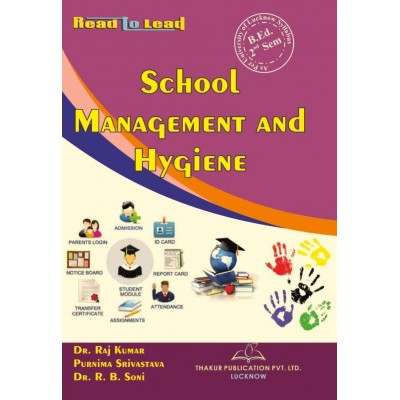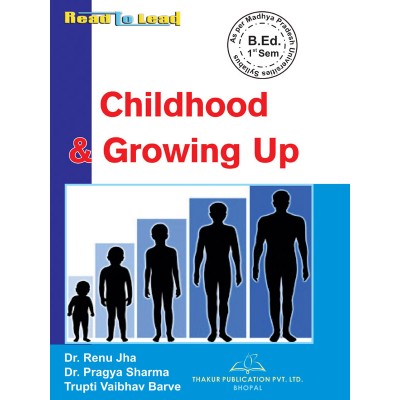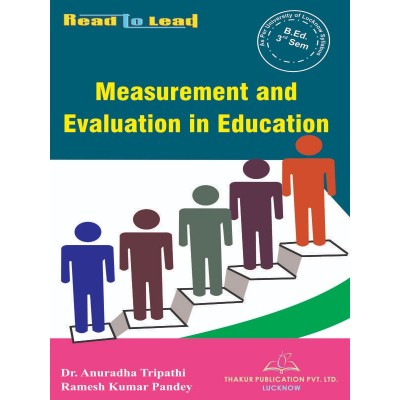Categories
- Pharmacy
-
Nursing
-
MBA
-
BBA
- U.P. State University
- Veer Bahadur Singh Purvanchal University, Jaunpur
- Chaudhary Charan Singh University, Meerut
- Dr. Bhimrao Ambedkar University, Agra
- Chhatrapati Shahu Ji Maharaj University, Kanpur
- Mahatma Jyotiba Phule Rohilkhand University, Bareilly
- Mahatma Gandhi Kashi Vidyapith, Varanasi
- Dr. Ram Manohar Lohia Avadh University, Ayodhya
- Deen Dayal Upadhyaya Gorakhpur University
- Prof. Rajendra Singh (Rajju Bhaiya) University, Prayagraj
-
BCA
- UP State Universities
- University of Pune
- I.K.Gujral Punjab Technical University (PTU)
- University of Rajasthan
- Rashtrasant Tukadoji Maharaj Nagpur University
- Uttar Pradesh NEP2020
- University of Rajasthan ,Jaipur (According to NEP-2020)
- BCCA (B. Com - Computer Science)
- Haryana
- West Bengal
- BBA (CA)
- PUNE BCA (Sci,Commerce)/B.Com (CA)
- Dr. A. P. J. Abdul Kalam Technical University, Lucknow ( AKTU )
- MCA
-
B Ed
- Lucknow University B.Ed Books
- Chaudhary Charan Singh University/Maa Shakambhari University, Saharanpur
- Dr Bhim Rao Ambedkar University, Agra
- Mahatma Gandhi Kashi Vidyapeeth, Varanasi
- Chhatrapati Shahu Ji Maharaj University
- Prof. Rajendra Singh (Rajju Bhaiya) University, Prayagraj (PRSU)
- Mahatma Jyotiba Phule Rohilkhand University(Mjpru), Bareilly
- Dr. Ram Manohar Lohia Avadh University, Ayodhya
- Bundelkhand University, Jhansi
- B.A,B.ed
- B.Sc, B.ed
- Deen Dayal Upadhyaya Gorakhpur University
- Veer Bahadur Purvanchal University (VBPU)
- Maharaja Suhel Dev State University ,Azamgarh (MSDSU)
- Raja Mahendra Pratap Singh State University, Aligarh (RMPSSU)
- Barkatullah Vishwavidyalaya (Bhopal)
- Jiwaji University (Gwalior)
- Vikram University (Ujjain)
- Dr. Harisingh Gour University (Sagar)
- Devi Ahilya Vishwavidyalaya (Indore)
- Rani Durgavati Vishwavidyalaya (Jabalpur)
- Awadhesh Pratap Singh University (Rewa)
- Maharaja Chhatrasal Bundelkhand University (Chhatarpur)
- D. EL. ED
- TET
-
B Com
-
B Sc
- B.Sc. U.P. State Universities Common Syllabus NEP
- Veer Bahadur Singh Purvanchal University, Jaunpur
- University of Lucknow
- Chaudhary Charan Singh University, Meerut
- Madhya Pradesh
- Chhatrapati Shahu Ji Maharaj University, Kanpur
- Dr. Bhimrao Ambedkar University, Agra
- Mahatma Gandhi Kashi Vidyapith, Varanasi
- DEEN DAYAL UPADHYAYA GORAKHPUR UNIVERSITY
- Prof. Rajendra Singh (Rajju Bhaiya) University, Prayagraj
- Dr. Ram Manohar Lohia Avadh University, Ayodhya
- Mahatma Jyotiba Phule Rohilkhand University, Bareilly
- Uttarakhand State Universities
- B.Sc. Bihar Universities Common Syllabus NEP
- University of Rajasthan (Jaipur)
- Haryana
-
Bachelor of Arts [B.A.]
- B.A. Of U.P. State Universities Common Syllabus NEP
- Veer Bahadur Singh Purvanchal University, Jaunpur
- University of Lucknow
- Chaudhary Charan Singh University, Meerut
- Chhatrapati Shahu Ji Maharaj University, Kanpur
- Dr. Bhimrao Ambedkar University, Agra
- Mahatma Gandhi Kashi Vidyapith, Varanasi
- Deen Dayal Upadhyaya Gorakhpur University
- Prof. Rajendra Singh (Rajju Bhaiya) University, Prayagraj
- Dr. Ram Manohar Lohia Avadh University, Ayodhya
- Mahatma Jyotiba Phule Rohilkhand University, Bareilly
- Madhya Pradesh
- Uttarakhand
- Bihar
- University of Rajasthan (Jaipur Syllabus as Per NEP2020)
- Haryana NEP-2020
- B Tech
- LLB
- SWA Education
Contemporary India and Education
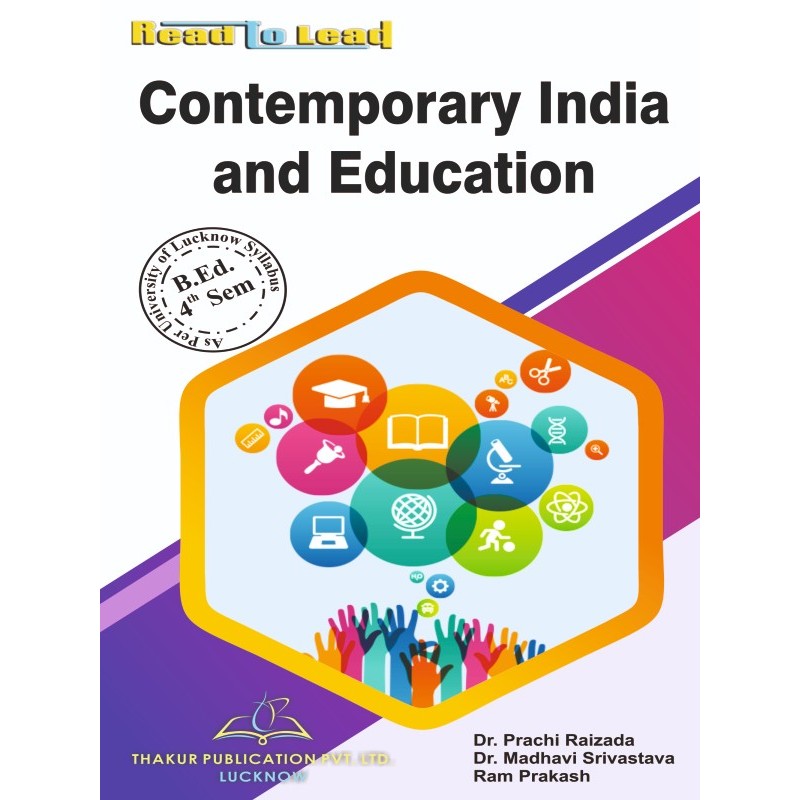
We are providing the textbook of Contemporary India and Education of LU B.Ed. 4th semester Book in English as per Lucknow University Syllabus .This book covered all syllabus.
Dr. Prachi Raizada, Dr. Madhavi Srivastava & Ram Prakash
ISBN: 978-93-88280-66-2
Tax excluded
We are providing the textbook of Contemporary India and Education of LU B.Ed. 4th semester Book in English as per Lucknow University Syllabus .This book covered all syllabus.
Dr. Prachi Raizada, Dr. Madhavi Srivastava & Ram Prakash
ISBN: 978-93-88280-66-2
Syllabus
Paper I: Contemporary India and Education
Unit I: Educational Policies in Pre-Independent India
· Brief review of nature and provisions of education during the Vedic age, Buddhist period and Muslim period, Introduction of modern (European) education in India, Efforts for promotion of education from 1813 to 1854
· Education policy of the British (Indian) government between 1857 and 1947 with implications for socio-economic development and national conscience. Movement for compulsory education in India-Gokhale Bill 1910, Sadler commission 1917, Hartog committee and Basic Education 1937. (Brief Summary and outline only)
Unit II: Educational Policies in Post-Independence India
· A critical review of commission reports and policy documents through a thematic focus, linking the contemporary context with salient debates since independence: Mudaliar Commission (1952), Education Commission (1964-66), NPE 1968, NPE 1986 and its modified version 1992
· Knowledge Commission, Idea of Common School System, National System of Education, Language Policy, Learning without Burden-1993 and the National Curriculum Framework 2005.
Unit III: The Constitutional Context
· Education as a means of social justice in the Indian Constitution, Constitutional values and education (Preamble, Fundamental rights and duties), Right to Free and Compulsory Education 2010 (RTE) and inclusion, Education in the concurrent list and its implications.
· Initiatives of Govt. of India: SSA (Sarva Shiksha Abhiyan), RMSA (Rashtriya Madhyamik Siksha Abhiyan), Educational Provisions for minorities, SC, ST and Girls.
Unit IV: The System and Its Structures
· Schools in India: Types and affiliation, schools run by autonomous institutions of the Central government (KVS, NVS, Sainik Schools, etc.), schools run by the State Governments, private schools, international schools, looking at institutional structures and stratification within the context of concerns for ‘quality’ and equity, management and public participation
· Role of key institutions in shaping the policy and discourse of education: NCTE, NCERT, NIOS, Boards of Education, etc.; Role of Directorates of Education and local bodies e.g. Panchayati Raj institutions, municipal bodies.
3 other products in the same category:
Your review appreciation cannot be sent
Report comment
Report sent
Your report cannot be sent
Write your review
Review sent
Your review cannot be sent









